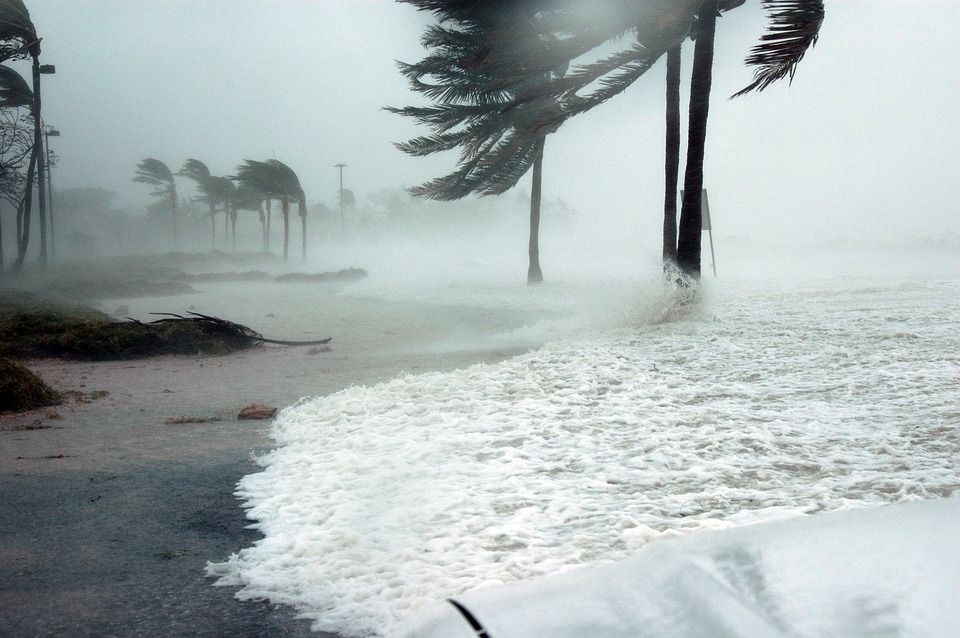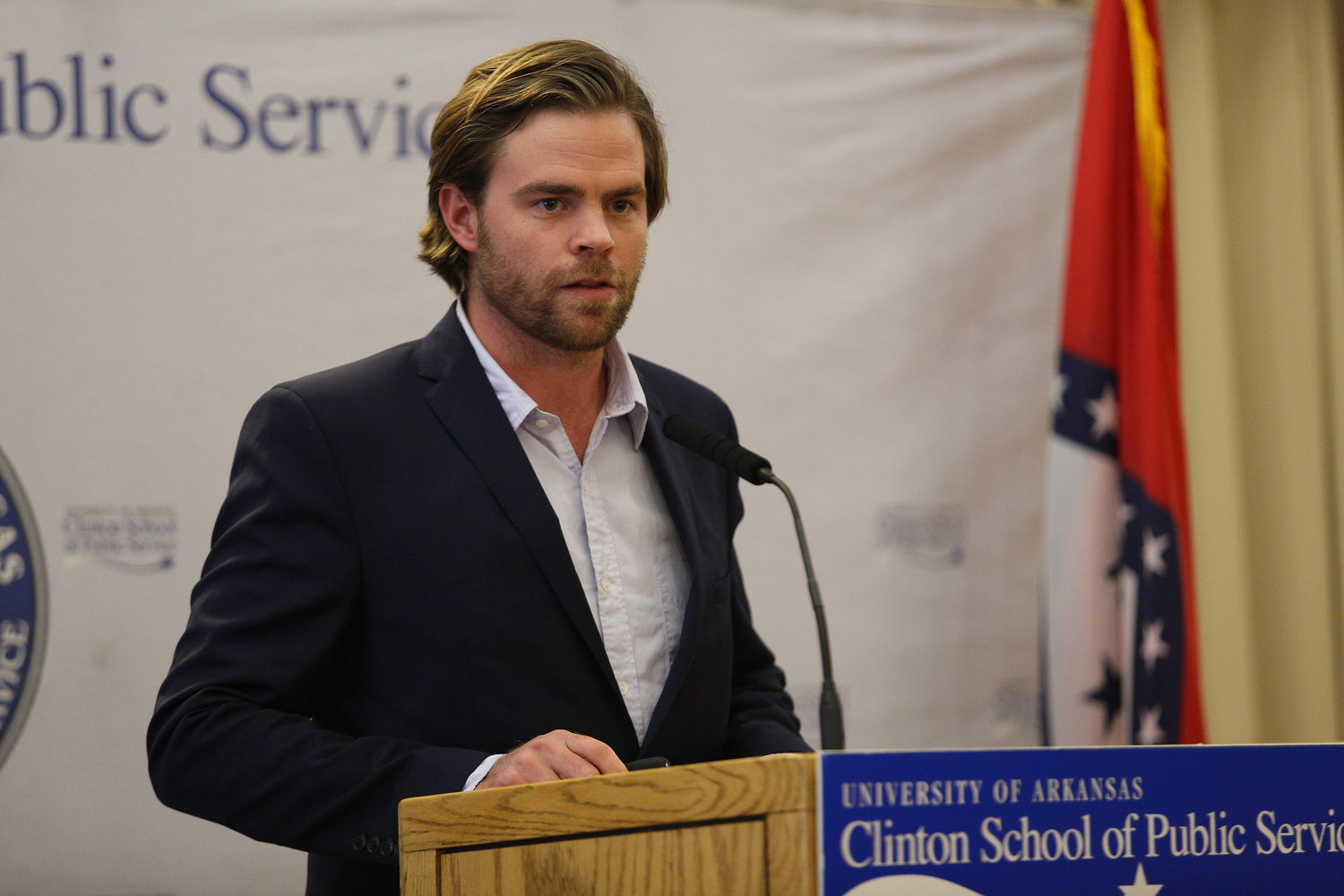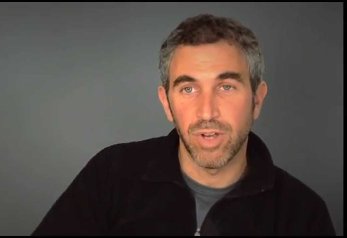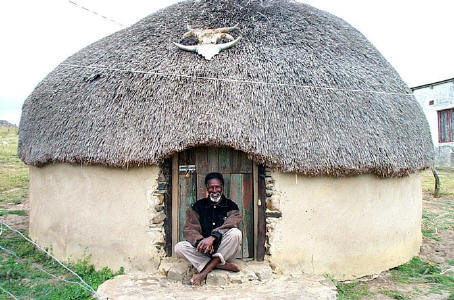Like many other developing economies, Bangladesh is faced with very high rates of rural-to-urban migration for employment. Unable to make their living off the land, thousands of rural poor migrate to the capital city, Dhaka, in search of employment. Many of them turn to pulling hand-rickshaws. Abdul Bari’s insight into the problems of rickshaw pullers came from his personal observations and experience commuting in Dhaka. He realized that his ten-minute trip to work was often stretched to an hour because of traffic congestion caused by rickshaw pullers who drove haphazardly and violated traffic rules. Md. Abdul Bari’s initiative is to professionalize the occupation of rickshaw pullers through an innovative combination of training, trade associations, and access to low-cost insurance. He then adds structural benefits such as affordable healthcare and recognition from government authorities. Bari’s strategy is to offer incentives such as insurance and thereby engage rickshaw pullers in other programs like healthcare awareness. Bari’s training programs help illiterate rickshaw pullers better understand traffic rules and regulations so they consequently decrease the risk of accidents. He also organizes pullers into associations and unions that issue identification cards to their members. These cards have been a simple method of giving legitimacy to the rickshaw pullers when dealing with police and other law enforcement agencies. More than 25,000 rickshaw pullers have completed their training and have obtained their identity cards so far. He has also developed a low-premium insurance policy that provides a payment to a puller’s family if they were to pass away on the job. 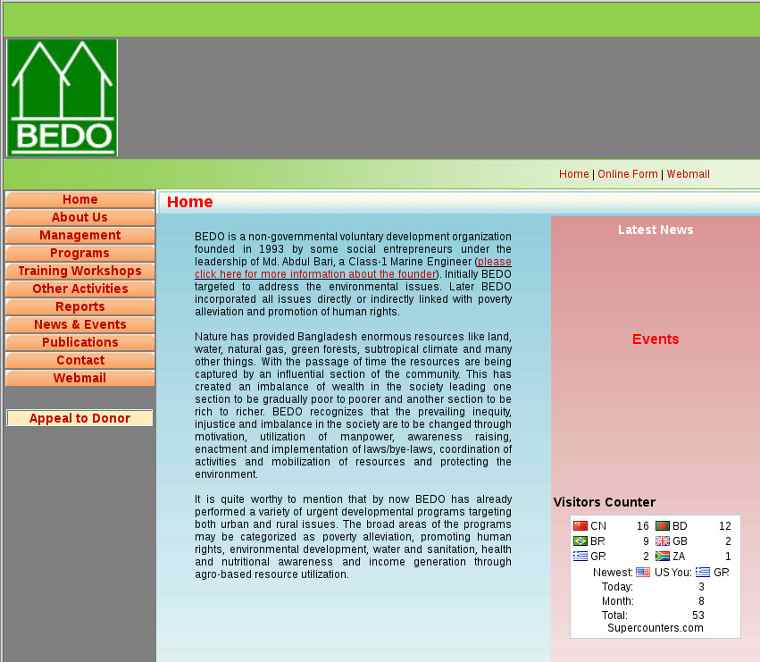 Web site: http://www.bedo.org.bd/
Web site: http://www.bedo.org.bd/
Make a wish for the rickshaw pullers
![]()
STAY IN TOUCH
SUBSCRIBE TO OUR NEWSLETTER
AND RECEIVE OUR LATEST STORIES
OLBIOS NETWORK FOR ACTION



